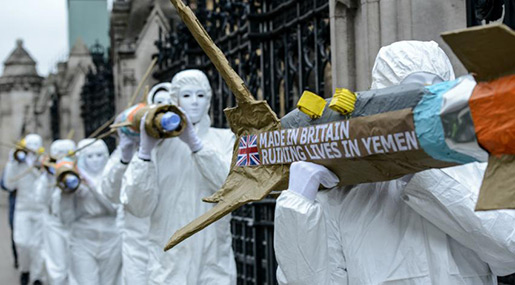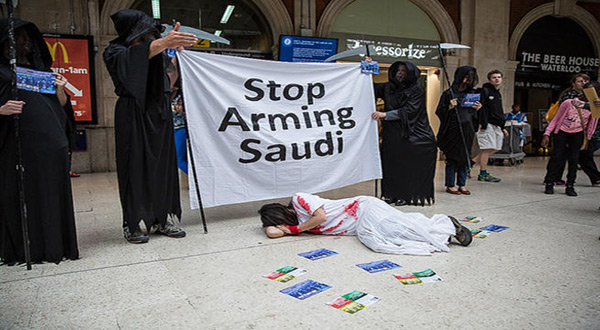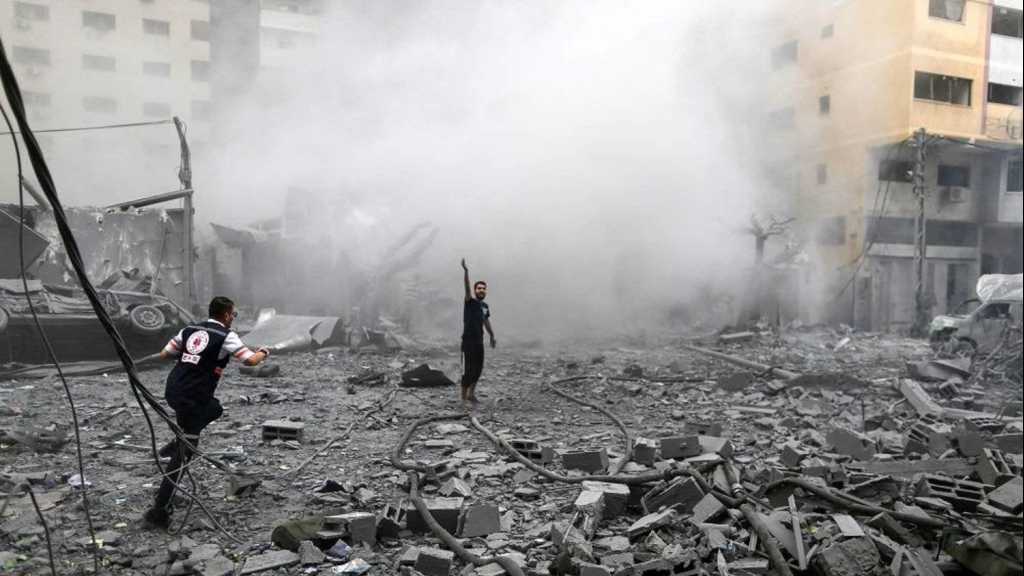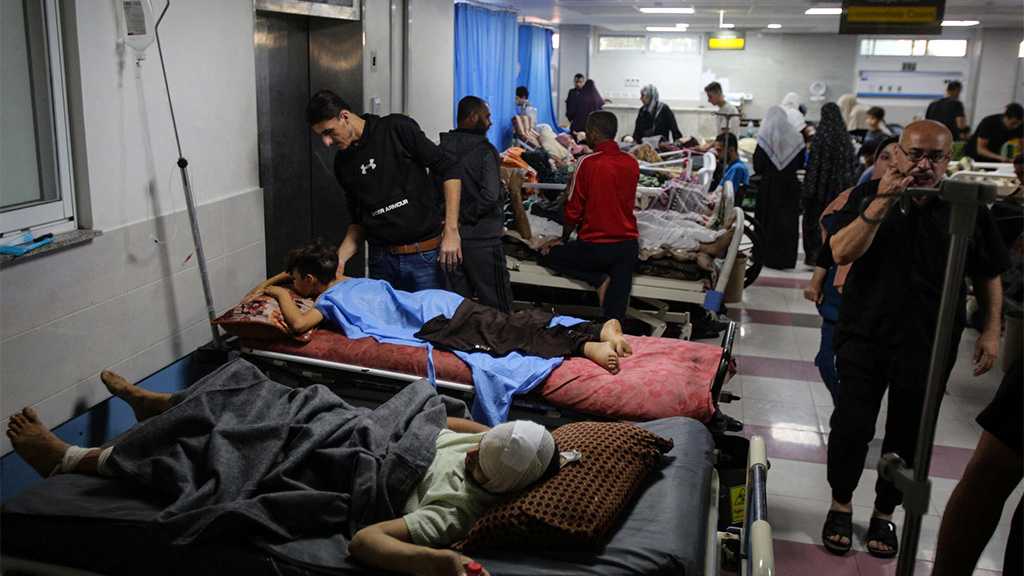
Activists to Use UK Courts to End Saudi Arabia’s War in Yemen

Local Editor
On May 4, as civilian casualties in Yemen's three-year war reached 6,000, a campaign group received news from a London court it believes could help end a conflict described as one of the worst humanitarian disasters on the planet.

The UK-based Campaign against Arms Trade was granted permission to appeal against a 2016 court decision that allowed Britain to continue the sale of arms to Saudi Arabia, which has led a military coalition against Yemen since 2015.
In that time, CAAT claims the UK has licensed more than £4.6 billion ($6.2 billion) worth of weapons to Saudi Arabia, including helicopters, grenades, bombs and other missiles. Along with other international agencies, charities and aid organizations, CAAT alleges that weapons sold to Saudi Arabia are being used to target civilians in schools, mosques and markets in Yemen.
According to the UN, there have been at least 5,295 civilians martyred during the conflict as of November 2017, although the true civilian death toll is likely to be much higher. In April, at least 20 people were martyred, including the bride-to-be, after an airstrike hit a wedding in the Bani Qayis district.
CAAT said civilians have been deliberately targeted by Saudi Arabia and its allies, and that the UK should be forced to stop selling the country weapons. Under EU law, which the UK still observes, a country must deny an arms export license if there is a clear risk military equipment will be used to commit serious violations of international law-such as killing civilians.
"Saudi forces have been accused of the most serious breaches of humanitarian law, consistently and by very authoritative forces," Andrew Smith, from CAAT, told Newsweek.
"UK arms export criteria by any common sense understanding would surely prohibit any sales to Saudi Arabia. If it doesn't, then that's a sign that the laws need to be strengthened."
Other countries, including Germany, Finland and Norway, have already started withdrawing arms sales to Saudi Arabia and the United Arab Emirates, another member of the coalition taking part in the airstrikes, over concerns they will be used in the war in Yemen.
If CAAT's legal battle against the UK government is successful, it could be the first time a country has ever officially been found guilty of breaching its own arms export laws after years of "effectively ignoring" obligations by continuing to supply arms to Saudi Arabia, despite the risk they are being used to commit human rights violations.
The ruling could also add further pressures on other countries who have sold weapons to Saudi Arabia during the conflict.
"There's been a lot more scrutiny in recent months of arms exports to Saudi Arabia," Smith said.
Among the evidence provided to the court was a UN report investigating the Saudi-led bombing campaign, which uncovered a "pattern of human rights violations that constitutes widespread or systematic attacks against the civilian population."
According to Amnesty International's analysis of data, other significant suppliers of weapons to Saudi Arabia since the start of Yemen war include France ($218 million); Spain ($196 million), Switzerland ($186 million) and Canada ($115 million).
A separate report in March from the Security Assistance Monitor also revealed that the Trump administration has sold around $659m worth of weapons to Saudi Arabia and UAE, which were "likely" to have been used in Yemen.
Source: Newsweek, Edited by website team



